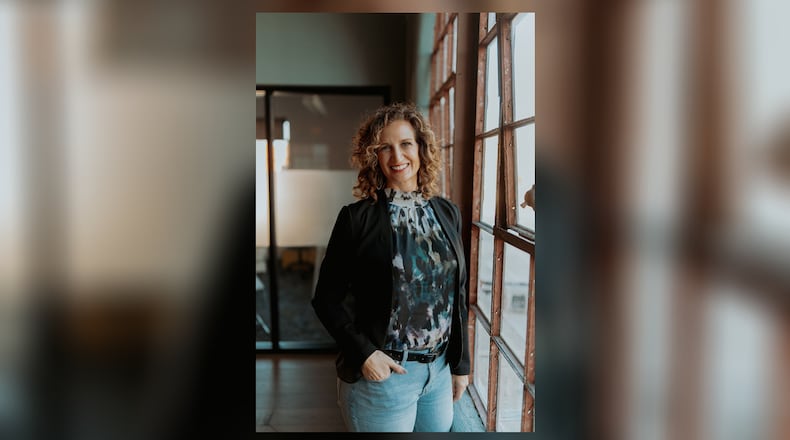The real challenge isn’t transparency — it’s communication.
After 17 years running a public relations firm and several years serving as a public information officer for a state agency, I’ve learned that open government isn’t just about making information available. It’s about helping people connect with it constructively. And that’s a two-way street.
Transparency doesn’t mean every idea or project in development is made public before it’s ready. In some cases — like private business expansions or competitive economic projects — state law prevents us from releasing details until agreements are final.
Still, when people don’t understand those limits, they seem to assume the worst. That’s not government secrecy; it’s a gap in civic literacy.
Just as commissioners have a duty to communicate clearly and consistently, residents have a responsibility to inform themselves before forming opinions. It’s not productive for either side to talk past one other.
We can make civic dialogue more productive with a few simple principles for citizens and elected officials alike.
For citizens: • Review the facts before raising concerns. • Ask specific questions instead of general accusations. • Recognize that some information is confidential by law. • Engage respectfully — disagreement is healthy, but personal attacks aren’t.
For commissioners and staff: • Stay accessible through multiple channels. • Respond promptly and clearly. • Use plain language to explain decisions and legal limits. • Maintain a consistent, respectful tone.
Every public exchange should aim for a shared understanding and a clear next step and seek further understanding through additional conversation, collaboration or research.
In our meetings, we provide time for public comment. But lately, it feels more like public venting. Comments are fired at us, rather than conversing with us. That’s not dialogue. Imagine instead if each interaction — at a meeting, online or over the phone — ended with a next step or follow-up plan. That would build trust, foster accountability and make residents feel truly heard.
Transparency isn’t a one-way broadcast from government to citizens. It’s a relationship built on mutual trust, facts and respect.
As someone who’s spent nearly three decades in communication, I can tell you: most people don’t actually want more information — they want more clarity. They want to know what decisions mean for their lives and their community.
That’s fair. And it’s exactly what I want too.
So let’s stop using “transparency” as a weapon and start using communication as a bridge. Let’s move from accusation to collaboration and conversation.
If we do that, our community — and our leaders — will be stronger for it.
Melanie Flax Wilt is a Clark County Commissioner.
About the Author
